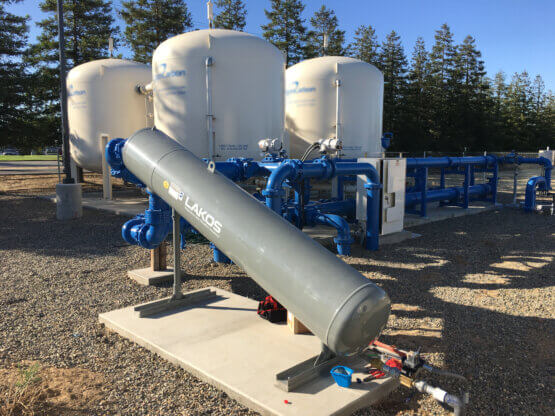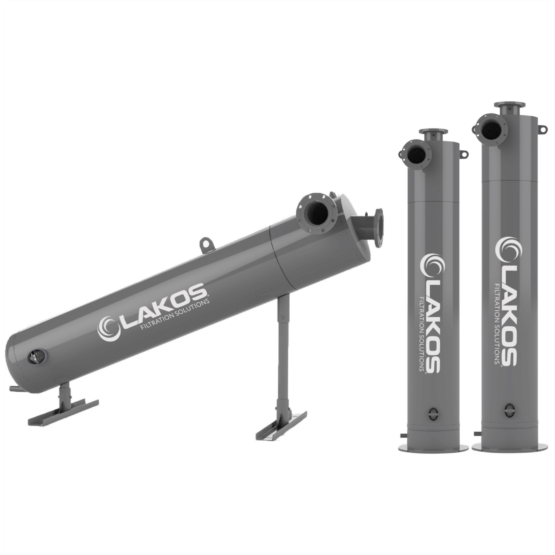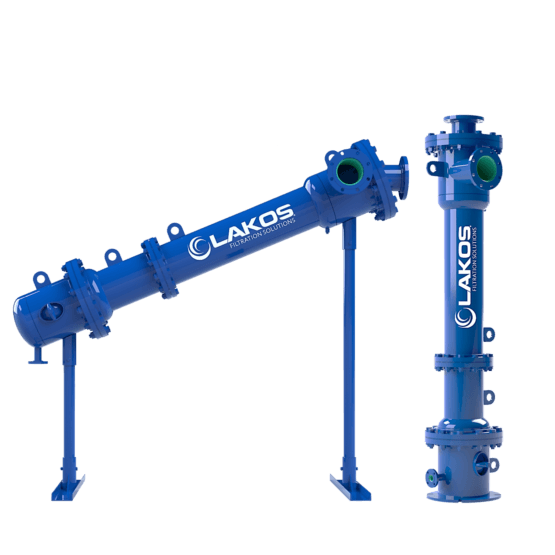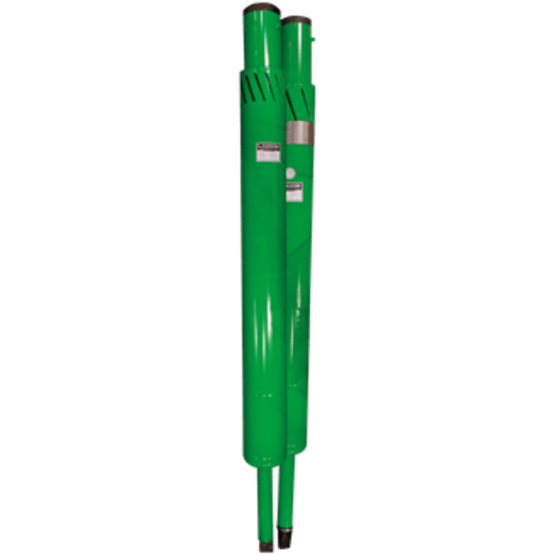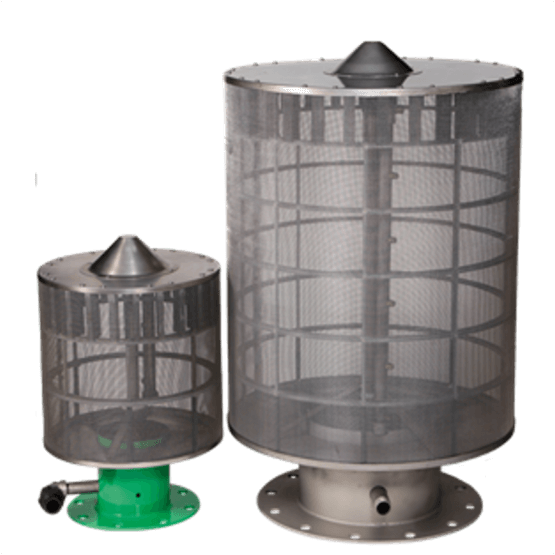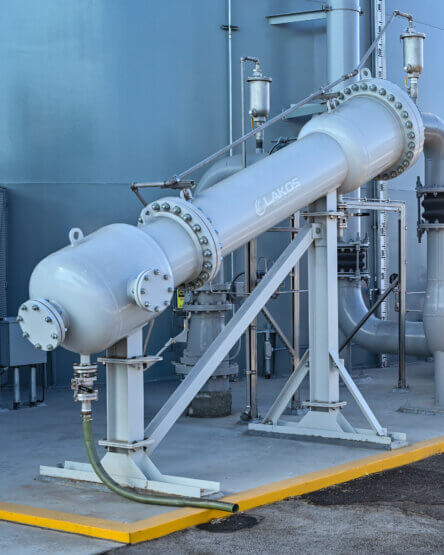
Why Filter PFAS?
PFAS (per- and polyfluoroalkyl substances) are a large and growing class of synthetic chemicals used in thousands of everyday products, including food packaging, nonstick cookware, waterproof clothing, industrial coatings, and even recycled plastics. They are valued for their durability, but that same durability means they don’t break down easily in the environment. As a result, PFAS accumulate over time in soil, rivers, drinking water, and even human tissue, earning them the nickname “forever chemicals.”
The EPA estimates that over 200 million Americans may be drinking water contaminated with PFAS. Exposure to certain PFAS compounds has been linked to serious health risks, including developmental issues, hormonal disruption, immune system suppression, and certain types of cancer. But PFAS aren’t the only concern.
Despite the appearance of clean, clear tap water, thousands of chemical compounds may be present, many of which are unregulated. Of the estimated 50,000 active chemicals used in industries across the U.S. today, fewer than 100 are regulated under the Safe Drinking Water Act, which has changed little since 1974. Meanwhile, over 56% of Americans have been exposed to lead in their drinking water at some point in their lives.
